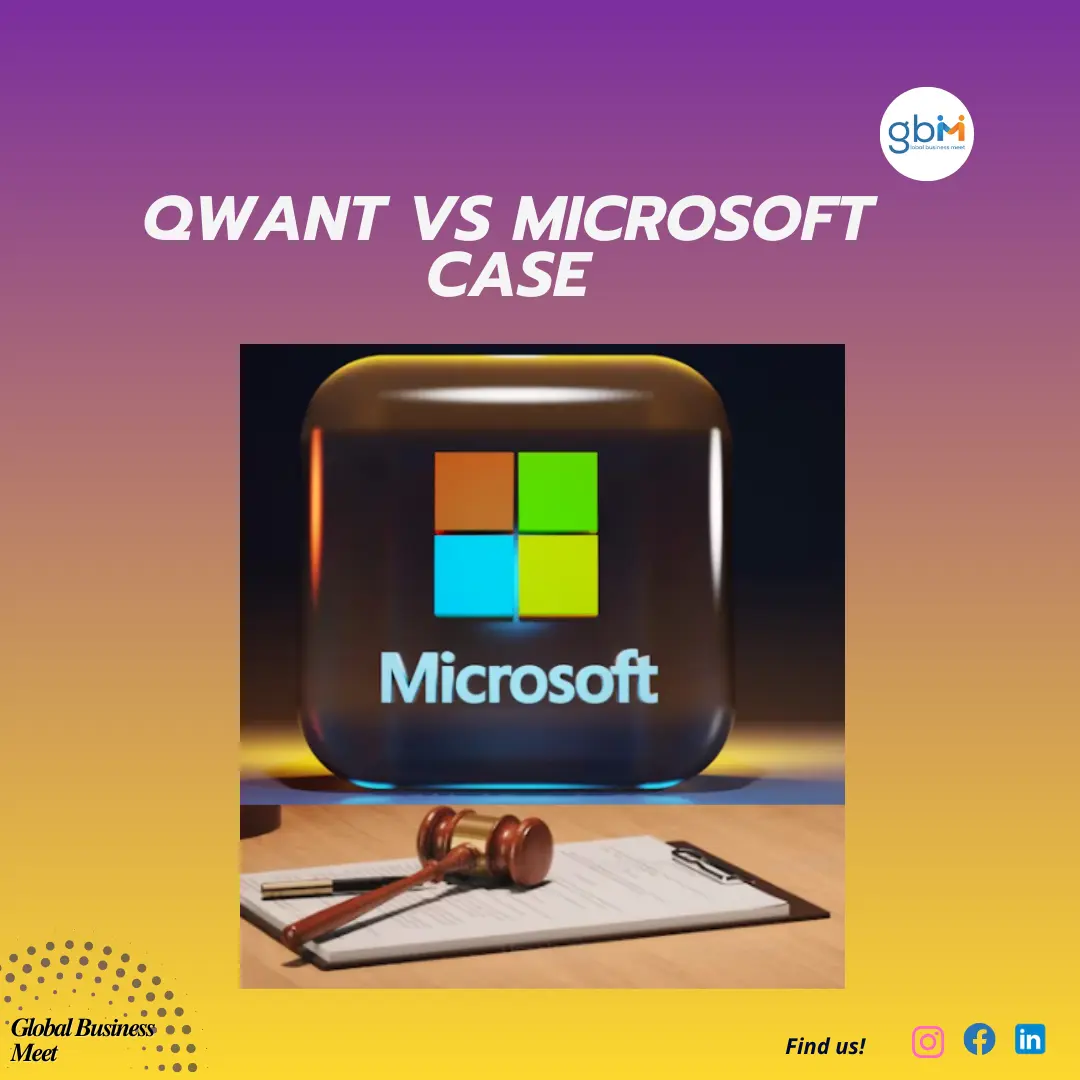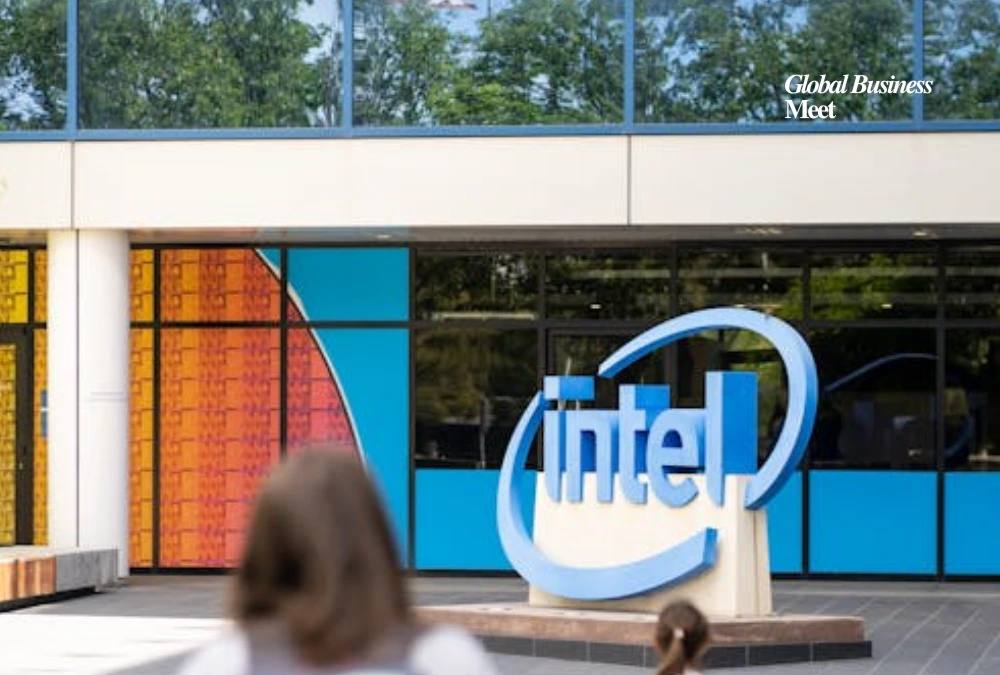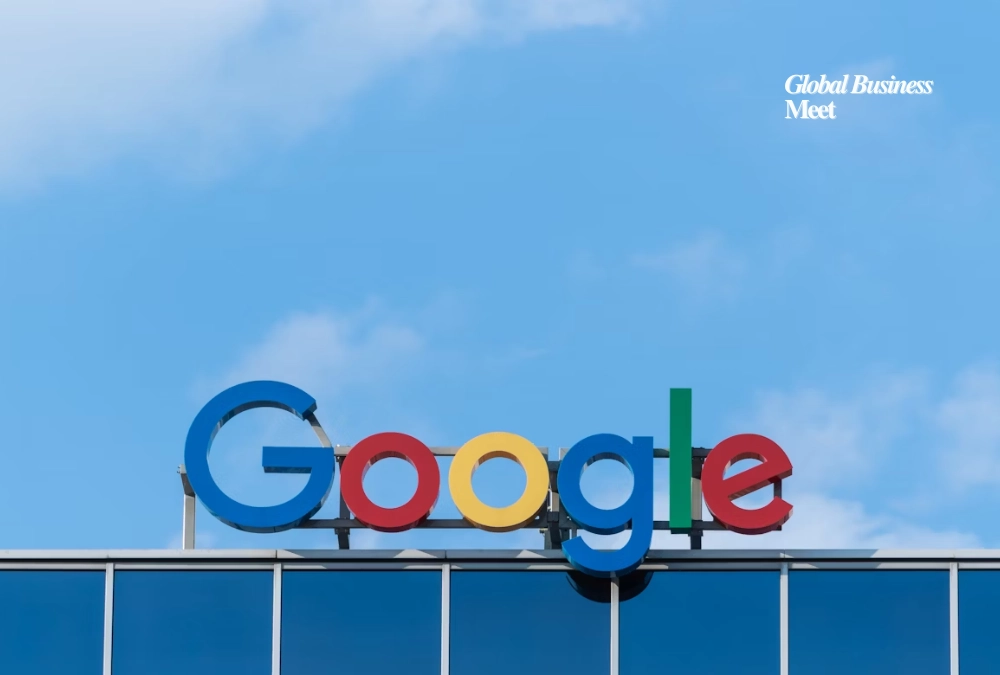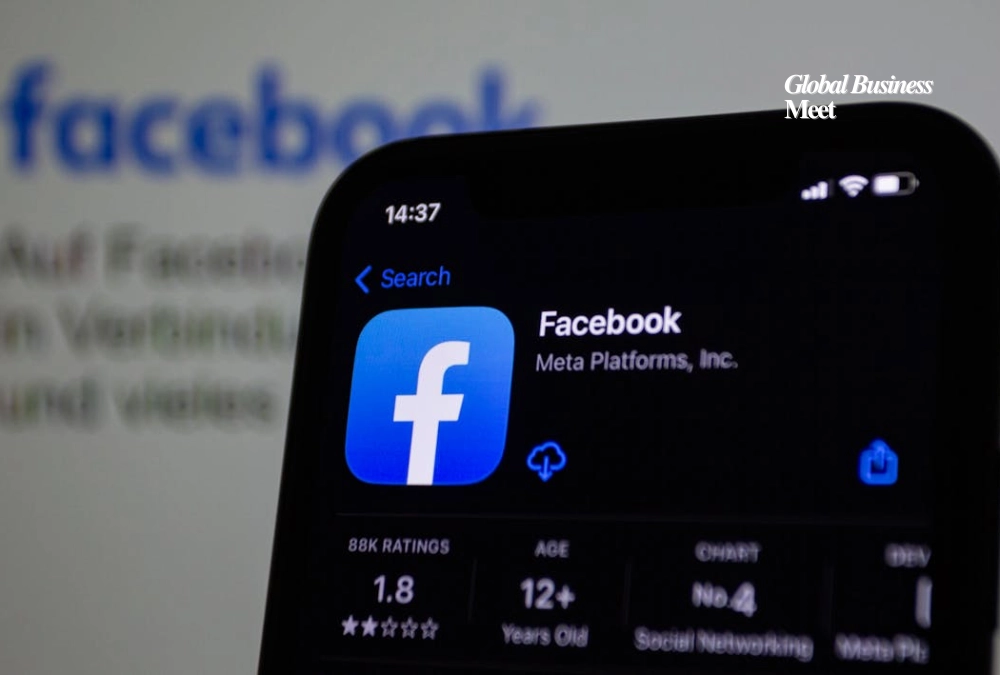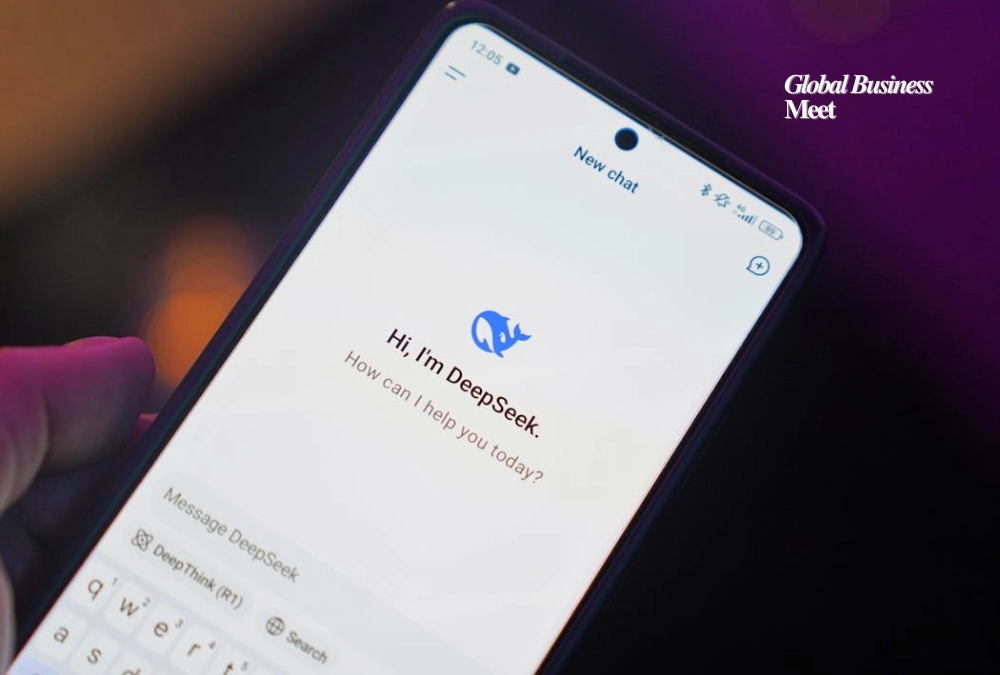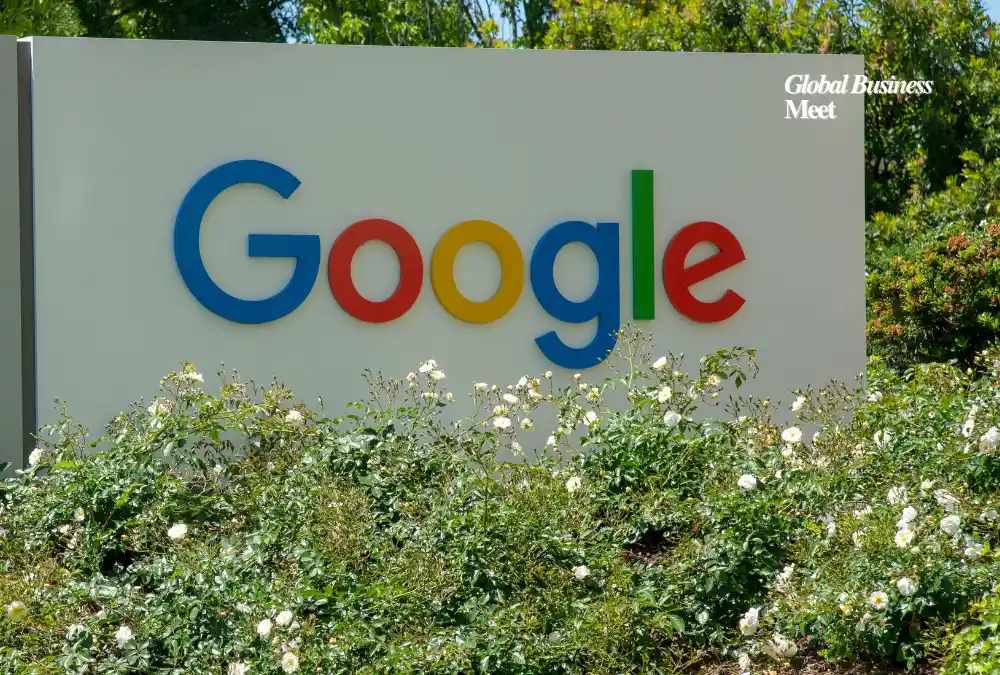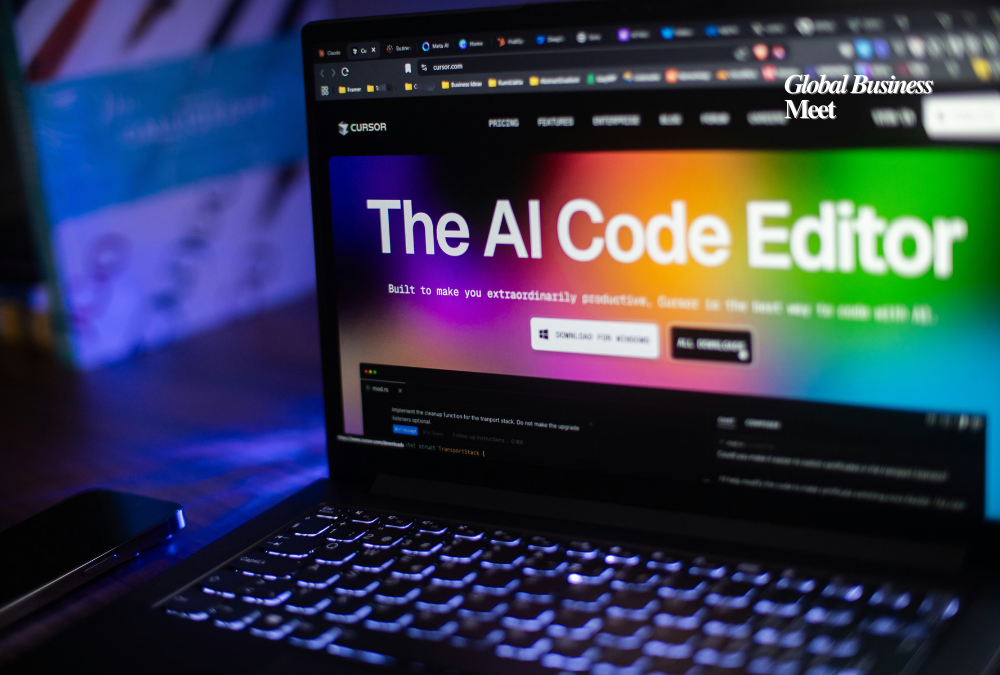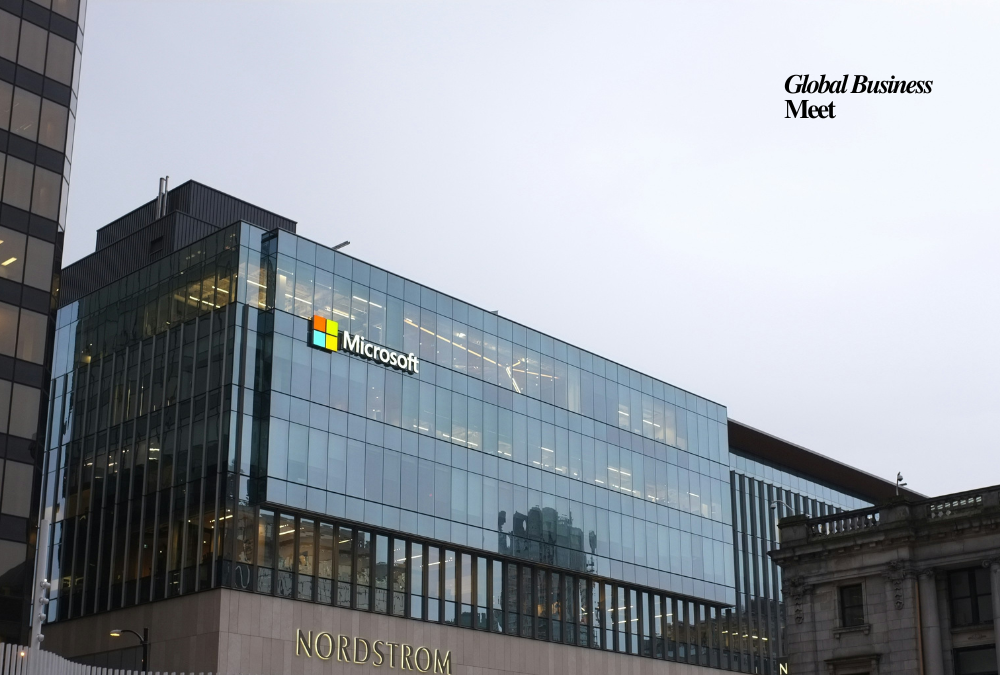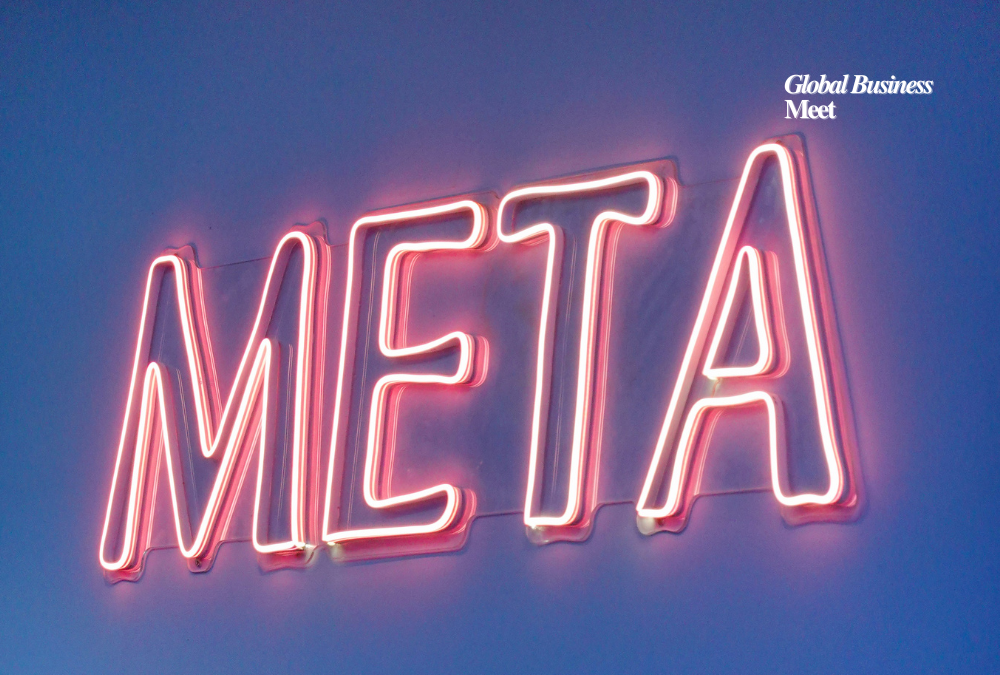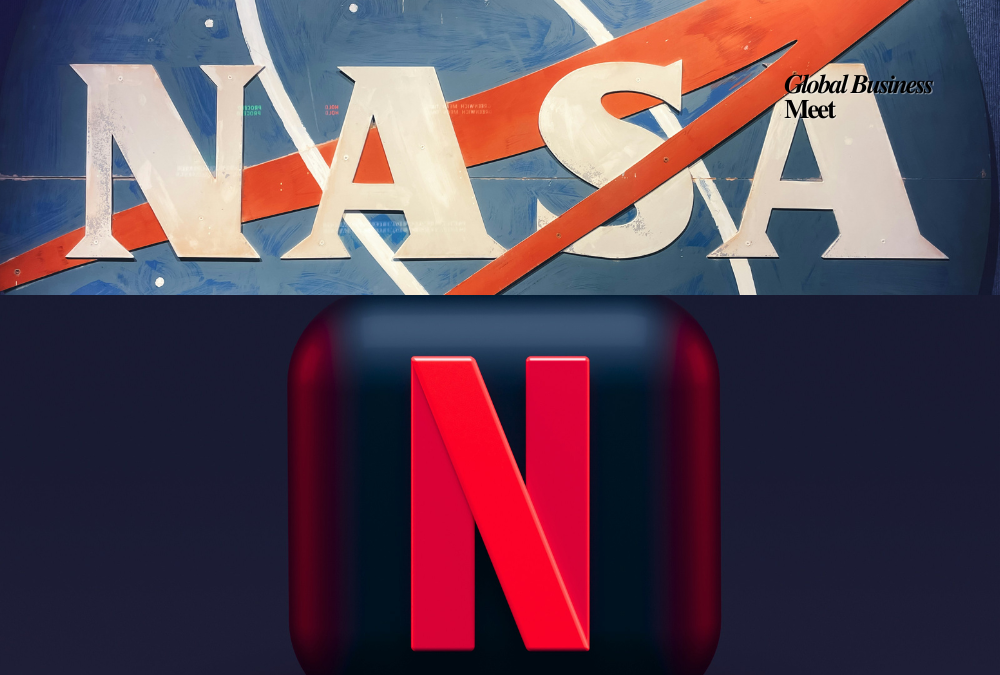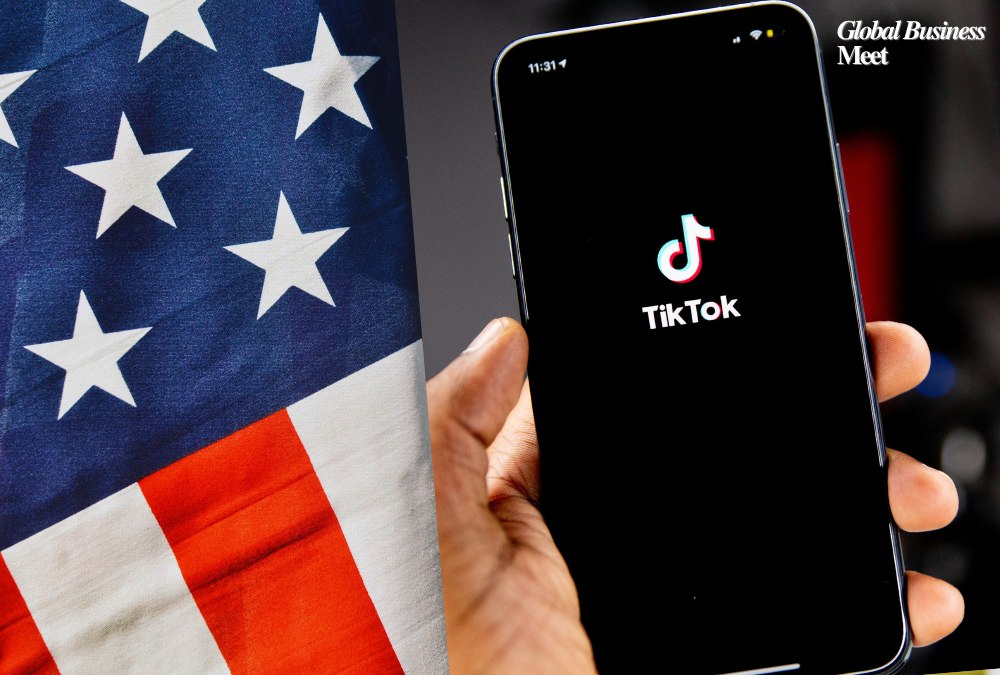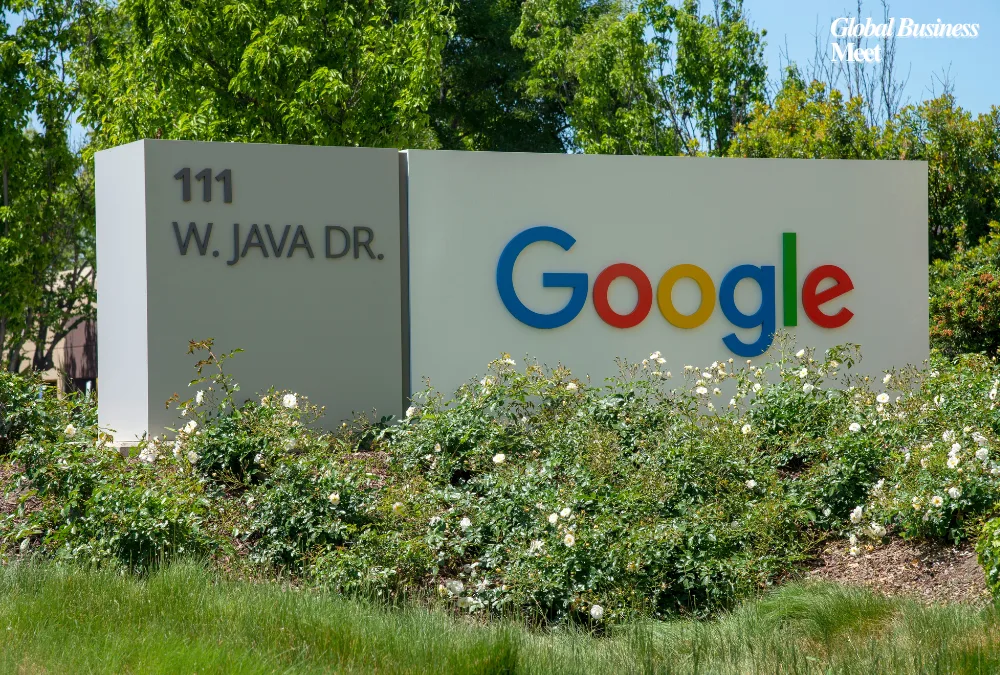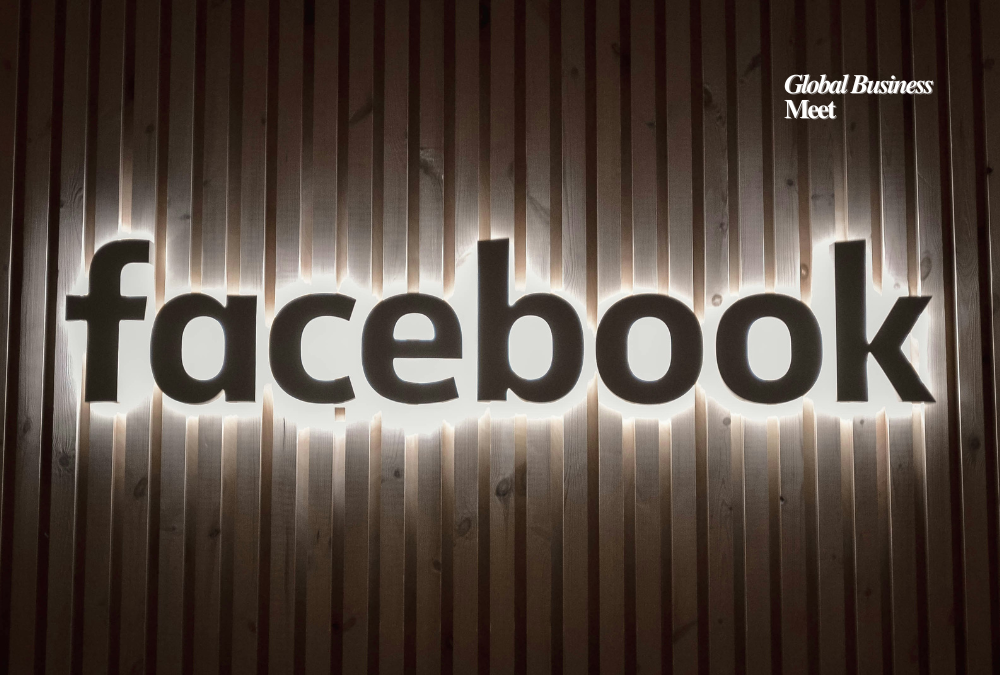
Unexpected waves of bans have affected thousands of Facebook Groups worldwide, and the outcry of both group administrators and group members has become one of concern. Whether parenting support forums, niche hobby groups, or just years-old communities that are constantly curated, every community was unavailable in an instant. The reason? A seemingly technical problem with the moderation system of Meta, which erroneously marked these groups as violating various policies, including those that prohibit nudity, hate speech and terrorism-related media content, though many admins report that there is no such ground whatsoever.
It has not been a problem that confined itself within a particular country or region. Cases of abrupt bans have been reported in North America, Europe, Southeast Asia, and other areas with examples involving groups of any size. Several that had hundreds of thousands of members were killed off immediately without any fore-warning leaving admins lost, confused, and seeking help. Some people resorted to such shared channels as Reddit and X to express their anger and share it with the people that have been in their position.
The victims of this treatment, the group administrators, report that they get generic messages stating a violation in their messages, but without any details or even a time stamp, which makes it almost impossible to figure out exactly why they got a ban. To others, a few days later, we received notices of the deletion of groups deleting years of contribution, interaction and building community. Some were temporarily excluded and advised not to make appeals till Meta figures out the fault.
Meta has already recognized the issue, referring to it as a technical issue and promising a quick fix. The firm cautioned group administrators against overwhelming help system with pleas and promised that teams were busy bringing back misplaced groups. Though, there are admins whose privileges have been restored in 24-72 hours, others remain uncertain.
The bug has again brought up the question of Meta using more and more artificial intelligence to moderate the content. As automated systems have increasingly been imposed on flagging potentially harmful content, false positives have increasingly become a concern. Admins fear that the pendulum between security and community integrity swings too much on the side of automation leaving little space to the human judgment or process that allows consideration.
Add to this the fear of mass-reporting abuse, wherein organized groups/bots will set out to target innocents with specific communities by sending out a series of false flags to cause algorithmic moderation. Admins are convinced that such a system as Meta is easy to manipulate by a malicious party and has no security to check the authenticity of mass claims.
The series of the widespread bans cause the concerns about the transparency and communication of the platform. A large majority of users were left in the dark, and the official explanation was not provided immediately and access to the human support means were restricted. The bans are more than a mere inconvenience to group admins who utilize Facebook either as a business platform, to plan events or to develop networking tools in order to find professional connections, and marks a clear incidence of financial and reputational harm.
Community leaders demand better moderation tools and a higher level of accountability as Meta tries to reverse the situation. Some of the suggestions/recommendations are more clear violations notices, detailed access to moderation logs, a stronger appeals process and introducing human moderators on high-impact decisions. At the time of the digital era that became based on communities as the means of connecting and expressing, the stability and trust of platforms are essential more than ever.

